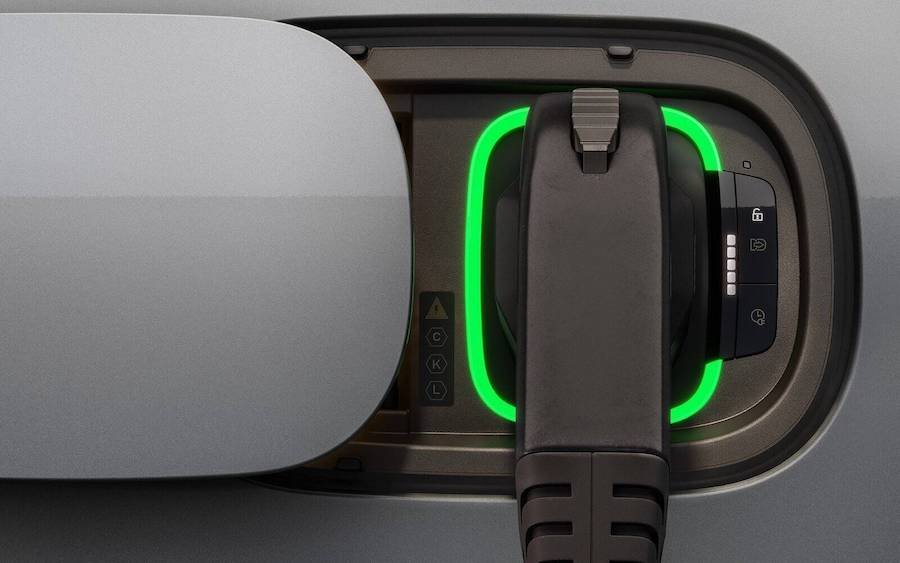Over 50% Of The World's Drivers Expect To Have An EV In The Next 10 Years

Over 50% of drivers want to get an EV in the next decade. China leads the pack, with 65% of drivers surveyed saying EVs are the future, while Germany is at the other end, with just 37%.
Despite any gloomy headlines you might have read in the past 12 months or so, people want electric cars. That’s according to a new survey from information technology and consulting firm Accenture, which looked at driver preferences across the world and discovered that the balance is shifting toward EVs more than some might think.
In the United States, 54% of drivers surveyed said they expect to own an EV within the next 10 years, with only 11% saying they will never buy a battery-powered car. On a global scale, the numbers are even better, thanks in no small part to China’s massive EV adoption rate.
The survey found that 57% of drivers expect to have an EV within the next 10 years and only 10% said they would never buy an EV. Meanwhile, 23% of respondents who don’t currently own an EV said they see themselves buying one within the next five years.
However, the reality differs from one country to another. In China, for instance, 65% of drivers surveyed said they believe the future belongs to electric cars and 44% of non-EV owners plan on buying a battery-powered car in the next five years. At the same time, German and French respondents are more skeptical when it comes to an EV-dominated future, with 37% and 36% of drivers respectively saying they’re all for EVs.
The results echo some of the recent sales figures we’ve seen. Earlier this year, Germany saw a big drop in all-electric vehicle registrations, while countries like Belgium and the Netherlands saw growth. EV sales in Europe are still growing, though, albeit at a slower pace. That left the door open for the United States to swoop in and become the world’s second-largest EV market in the third quarter, after China.
As for what the people looking to get their first EV are looking for, we’ve long passed the early adopter stage. That’s because the majority of respondents said their priorities are reliability (83%), safety (82%) and value for money (82%). These are similar criteria as people who look for an internal combustion vehicle as their next purchase–in other words, sustainability is no longer a priority for the next wave of buyers, as was the case with early enthusiasts.
Charging is also a concern for people who are considering buying an EV as their next car. The survey found that 70% of drivers worldwide expect to be able to charge their car whenever it’s parked, whether at home or in public spaces like supermarkets. The driving range is also a big discussion point, with 81% of drivers worldwide ranking battery size and driving range as one of the most critical factors when purchasing an EV.
The study was based on in-depth interviews and surveys with 6,000 car drivers across the United States, Germany, Italy, France, China and Japan.
This is all good news. People want EVs, even if we’re talking about a time frame of a decade. Moreover, car manufacturers are stepping up and offering more and more electric models, from luxury $200,000 cruisers to sub-$30,000 compact EVs, most of which can go over 300 miles on a full charge.
Related News
